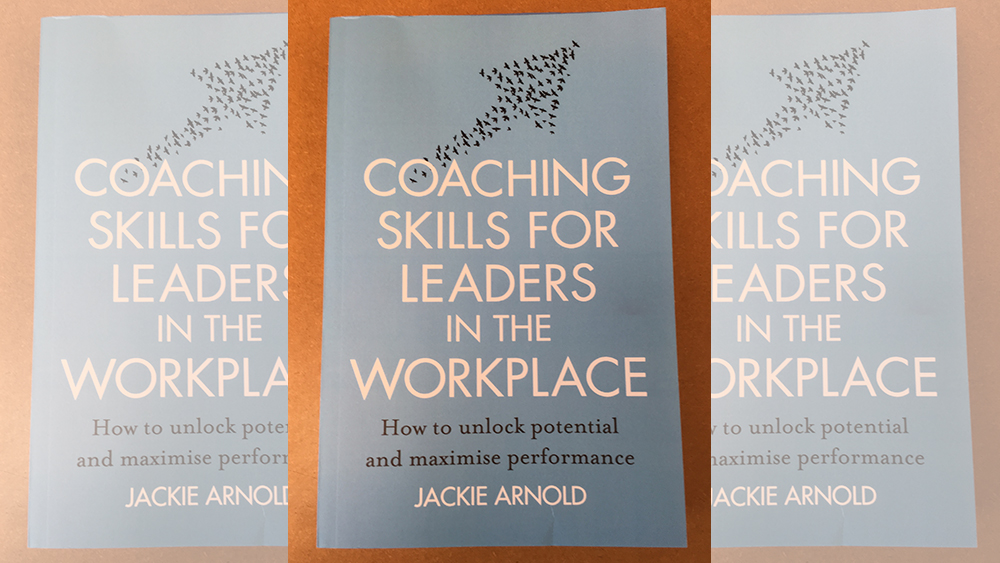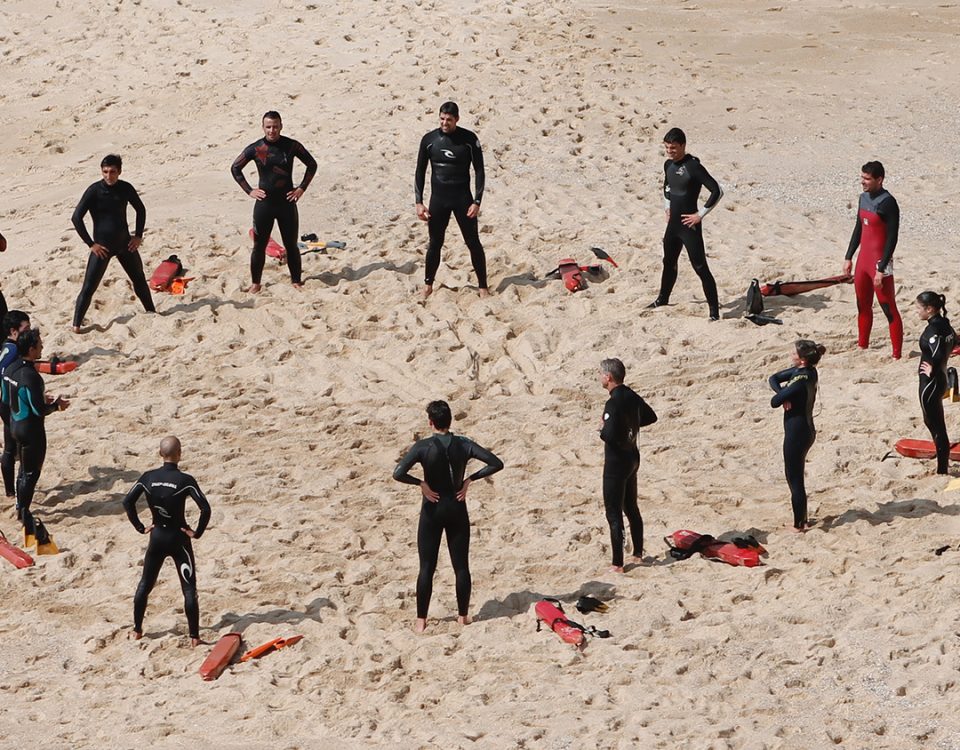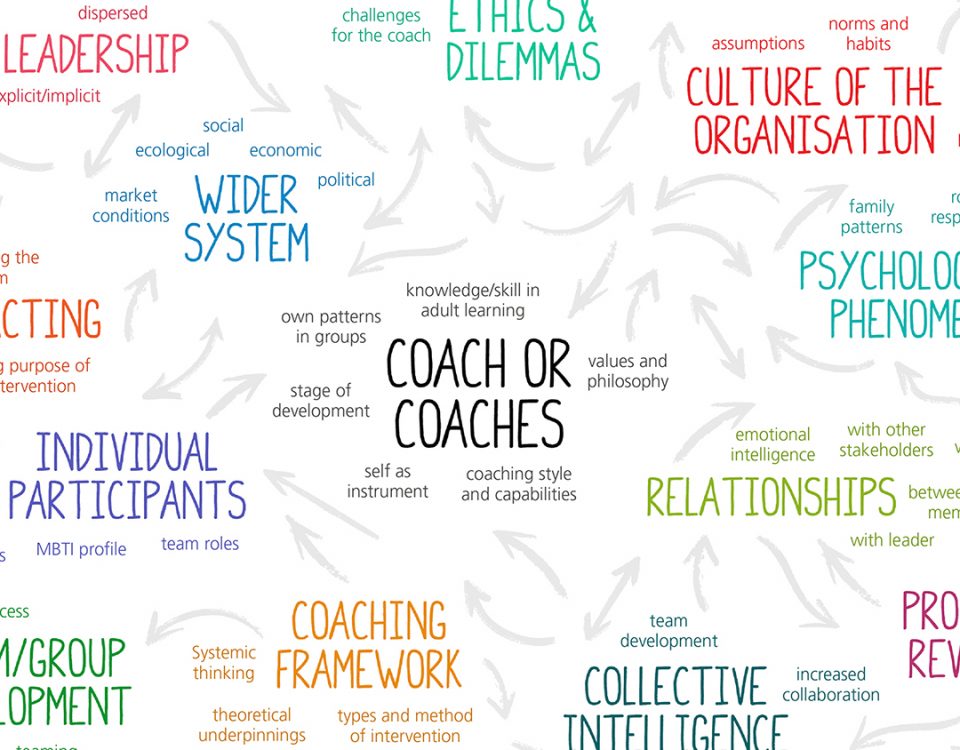
Workshop on the brain: how do I know when I know?
26th September 2016
Action research or researching action?
10th October 2016More leaders are developing coaching skills

As the demands of constant change, unpredictability, increasing technology and globalisation continue, more and more leaders are seeking to develop coaching skills. In helping their people find their own solutions rather than expecting them to comply to orders from above, organisational cultures are also changing. There is growing evidence that taking this coaching approach can have a significant impact on employee engagement, motivation and results.
Jackie Arnold’s latest book, Coaching Skills for Leaders in the Workplace, explores not only the impact and value of leaders developing a coaching approach, but also sets out the key skills leaders need to develop to engage with their people, and how this impacts on their relationships and effectiveness. She also offers leaders and managers clear ideas for how to develop dedicated internal coaching services that work not only with their own teams, but also enable them to manage coaching assignments with other employees.
I’ve contributed to this exciting new book by exploring the complex and ethical demands on internal coaches, who may often have multiple relationships with their coachees. I look at the types of ethical and contracting incidents that arise during internal coaching assignments and why they happen. I also look at how coaches can attend to these issues in the interests of best practice, taking care of their coachees, themselves and the organisational needs, maintaining ethical and professional standards.
I’m especially interested in the importance of contracting, and the role supervision can play in supporting coaches as they reflect on their practice in this internal coaching context.




